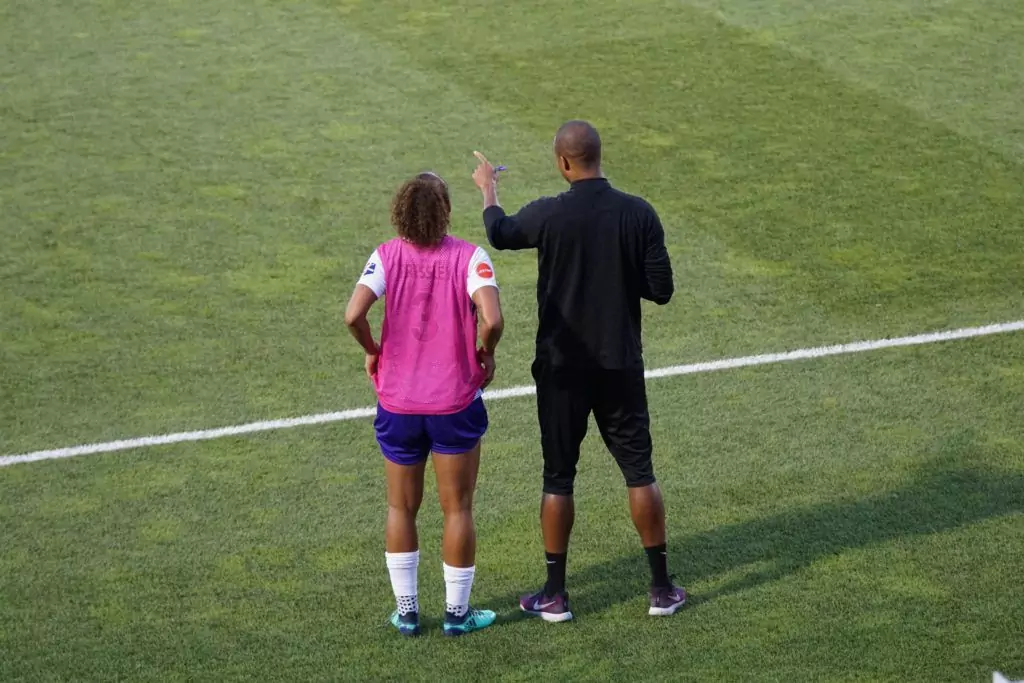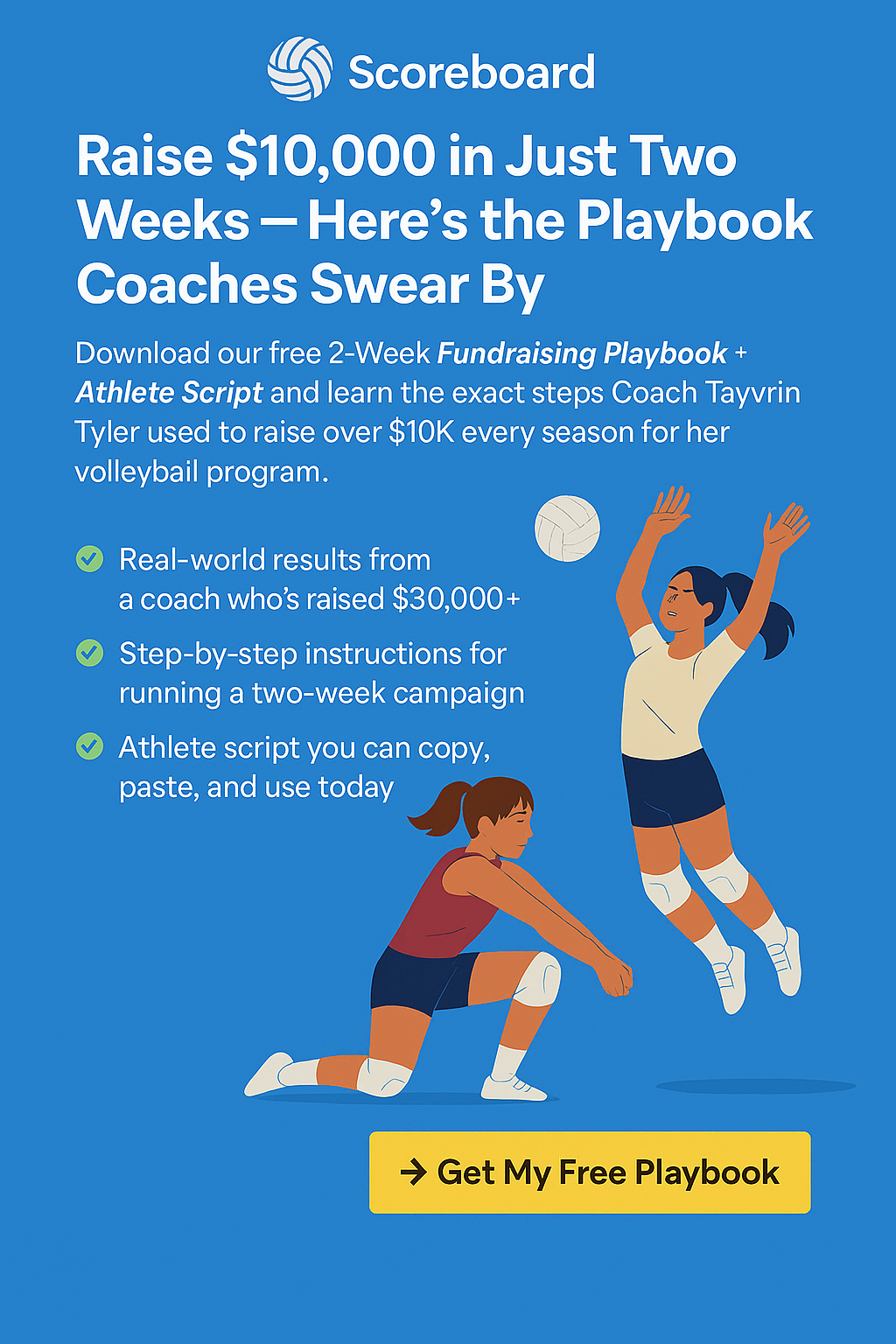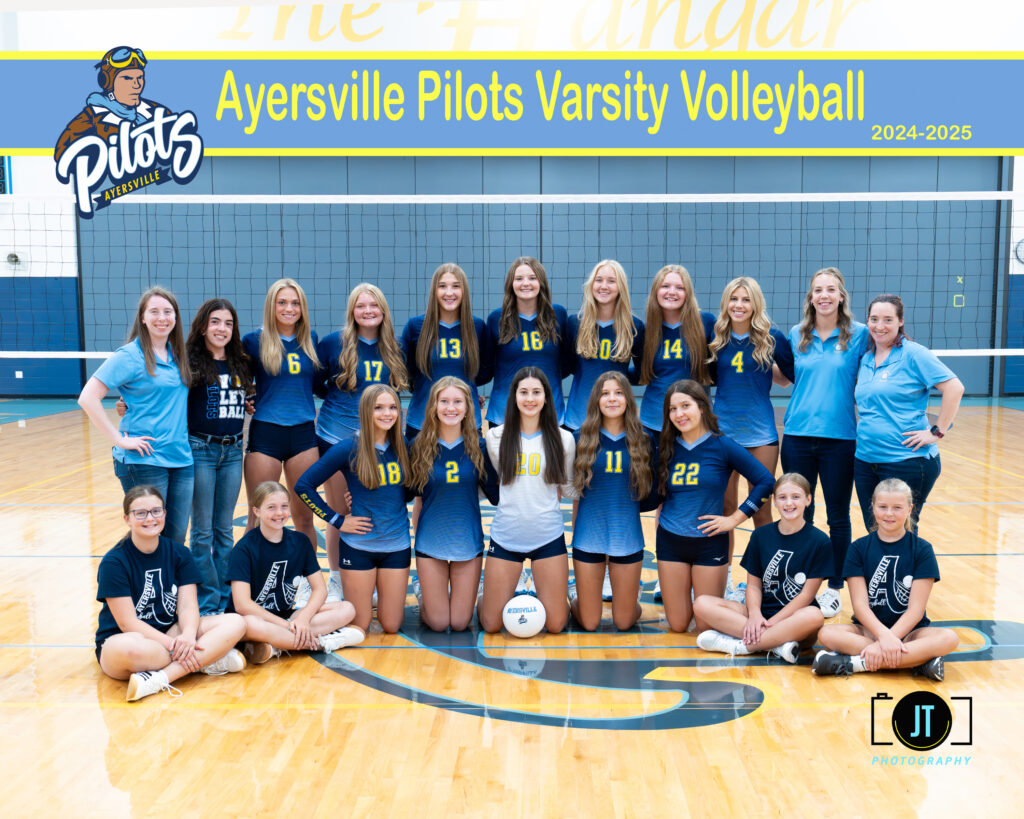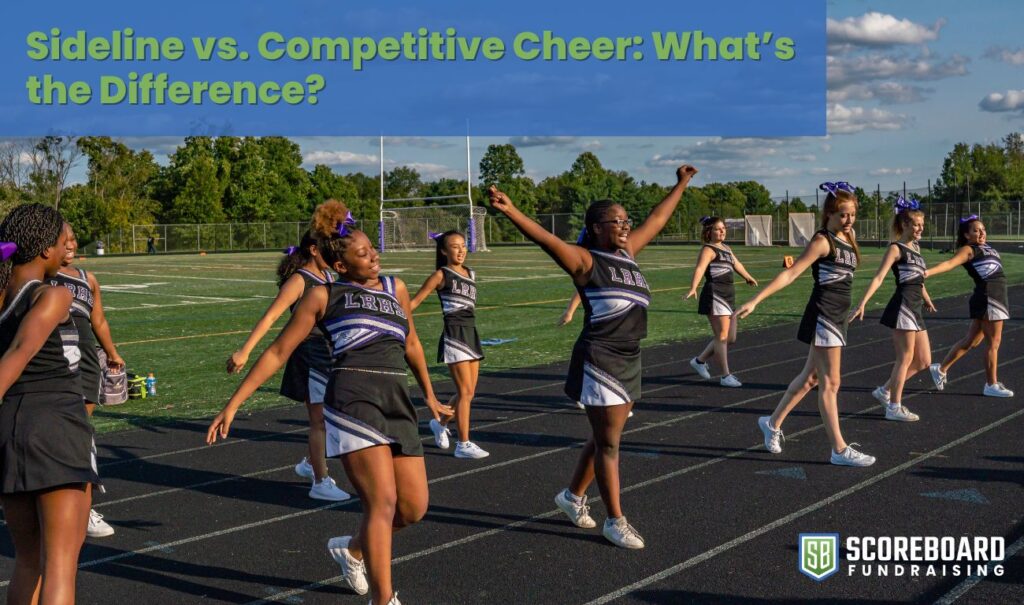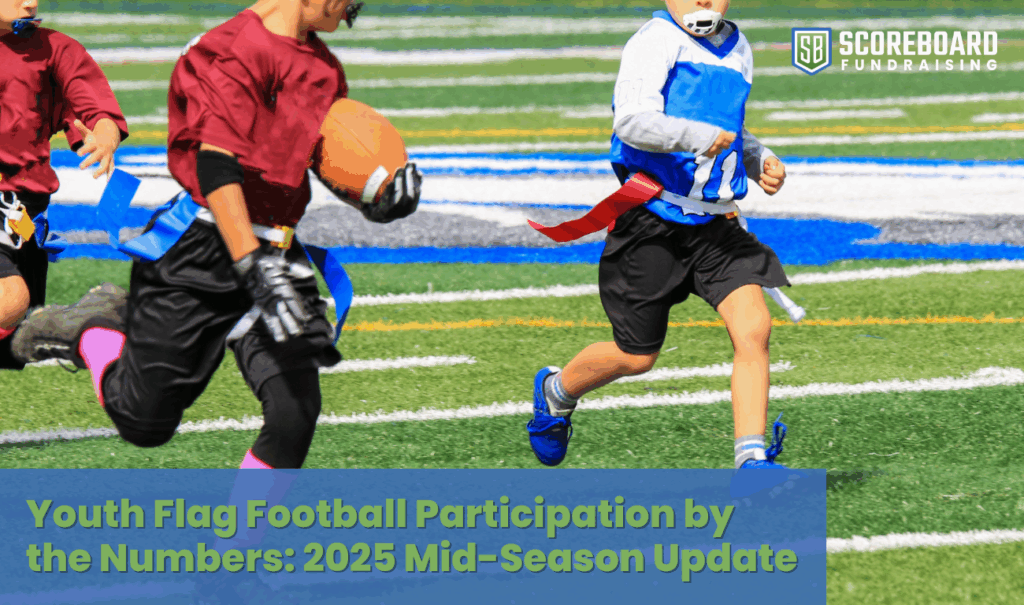In the realm of sports, success requires more than just physical prowess; the right mindset and motivation play an equally crucial role in guiding athletes towards their peak performance potential.
As a coach, understanding the diverse personality types that comprise a team and tailoring your coaching approach accordingly can have a profound impact on your athletes’ development. By taking the time to identify individual athlete’s unique traits and preferences, coaches can establish an inclusive and empowering environment where no athlete is left behind.
In this comprehensive guide, we will delve into the art and science of adapting coaching styles to accommodate different personality types. From understanding various personality frameworks to identifying strategies that cater to individual needs, coaches will be equipped with the insights and tools necessary to maximize the effectiveness of their coaching approach. Additionally, we will introduce innovative fundraising solutions, such as Scoreboard Fundraising, that promote success beyond training and competition.
Read on to unlock the secrets of creating an environment in which every athlete can flourish and excel.
Understanding Personality Frameworks in Sports Coaching
The first step in adapting coaching styles to accommodate various athlete personality types is understanding the frameworks that can guide this process. Some of the most commonly utilized models in sports coaching include:
- Myers-Briggs Type Indicator (MBTI): The MBTI classifies individuals into 16 distinct personality types based on four primary dichotomies: extraversion vs. introversion, sensing vs. intuition, thinking vs. feeling, and judging vs. perceiving.
- DISC Personality Model: The DISC model centers around four primary traits: dominance, influence, steadiness, and conscientiousness. Each trait represents a distinct behavioral style that influences how individuals interact and respond to their environment.
Identifying Your Athletes’ Personality Types
Effectively adapting coaching styles requires a thorough understanding of each athlete’s unique personality type. Consider implementing the following strategies to identify the various personality traits within your team:
- Engage in one-on-one conversations: Develop a rapport with each athlete and attentively listen to their thoughts, opinions, and preferences.
- Assess non-verbal cues: Observe behavioral patterns, communication styles, and reactions to different coaching methods.
- Utilize personality assessments: Provide athletes with assessments such as the MBTI or DISC model as a starting point for understanding their individual personalities.
Tailoring Coaching Techniques to Different Personality Types
Once you have identified the diverse mix of personality types on your team, begin implementing tailored coaching techniques to accommodate each style:
- Extraversion vs. Introversion: Extraverted athletes may benefit from group settings, high energy, and social interaction, whereas introverted athletes may prefer quieter environments, individualized attention, and opportunities for self-reflection.
- Sensing vs. Intuition: Sensing individuals may prefer clear, concise instructions and factual information, while intuitive athletes could benefit from a more creative, conceptual approach to coaching.
- Thinking vs. Feeling: Athletes with a thinking preference often respond to logic, consistency, and objective assessments, whereas feeling personalities may appreciate empathy, inclusivity, and support.
- Dominance vs. Influence: Dominant personalities may need a coach who remains assertive and decisive, while athletes with more influential traits could benefit from an approach that promotes collaboration and optimism.
Creating an Inclusive and Empowering Training Environment
Fostering a training environment that accommodates various personality types is crucial for the success of your athletes. Incorporate the following strategies to create an inclusive atmosphere:
- Offer varied training activities: Provide a mix of individual and group exercises, mental and physical challenges, and structured and unstructured sessions.
- Encourage open communication: Promote a culture of openness and mutual respect, allowing athletes to express their needs and preferences without fear of judgment.
- Continually adjust coaching style: Regularly evaluate and adapt your coaching approach based on feedback and observation, demonstrating flexibility and responsiveness to your athletes’ needs.
Supporting Athletes Beyond the Field: The Art of Fundraising
To maximize athletes’ success on and off the field, it’s critical to create a comprehensive plan that addresses all facets of their development – including financial support. Engaging in effective fundraising can provide crucial resources for facilities, equipment, travel, and more. Consider the following tips to streamline fundraising efforts within your team:
- Choose the right fundraising platform: Opt for an easy-to-use, comprehensive digital solution such as Scoreboard Fundraising’s app to simplify the fundraising process and boost overall success.
- Encourage team collaboration: Promote unity within your team by setting group fundraising goals and engaging all athletes in the process.
- Balance fundraising with other responsibilities: Schedule dedicated time for fundraising while ensuring it doesn’t interfere with training, recovery, and competition.
Addressing Challenges and Conflicts Among Athletes with Different Personality Types
Understanding and accommodating diverse personality types may occasionally lead to challenges and conflicts within a team. To address these, consider the following:
- Encourage empathy and understanding: Teach athletes to respect their teammates’ unique perspectives and communicate in a constructive manner.
- Mediate conflict resolution: Utilize your understanding of each athlete’s personality type to mediate conflicts in a fair and impartial way.
- Foster team-building activities: Organize activities and exercises that enhance team cohesion and promote healthy relationships among diverse personalities.
By implementing these strategies and continuously refining your coaching approach to cater to individual needs, you’ll create an inclusive and empowering environment where every athlete has the opportunity to reach their full potential – both on and off the field.
Unlocking Athlete Potential with Personalized Coaching and Innovative Fundraising
Adopting a personalized coaching approach that caters to different personality types is essential for empowering athletes to thrive and excel in their unique ways. You’ll foster an inclusive and motivational training environment by understanding various personality frameworks, identifying athlete preferences, and adjusting your coaching style accordingly. Simultaneously, proactively addressing challenges and conflicts among diverse personalities will promote team harmony.
To complement your tailored coaching approach, ensuring your team has the financial resources required for success is vital. Scoreboard Fundraising offers a seamless, easy-to-use app that makes fundraising straightforward and stress-free — giving you more time to focus on coaching your athletes.
Transform your team’s financial game by leveraging Scoreboard Fundraising’s state-of-the-art technology and exceptional fundraising products today, and set your athletes on the path to personal and collective victories.
